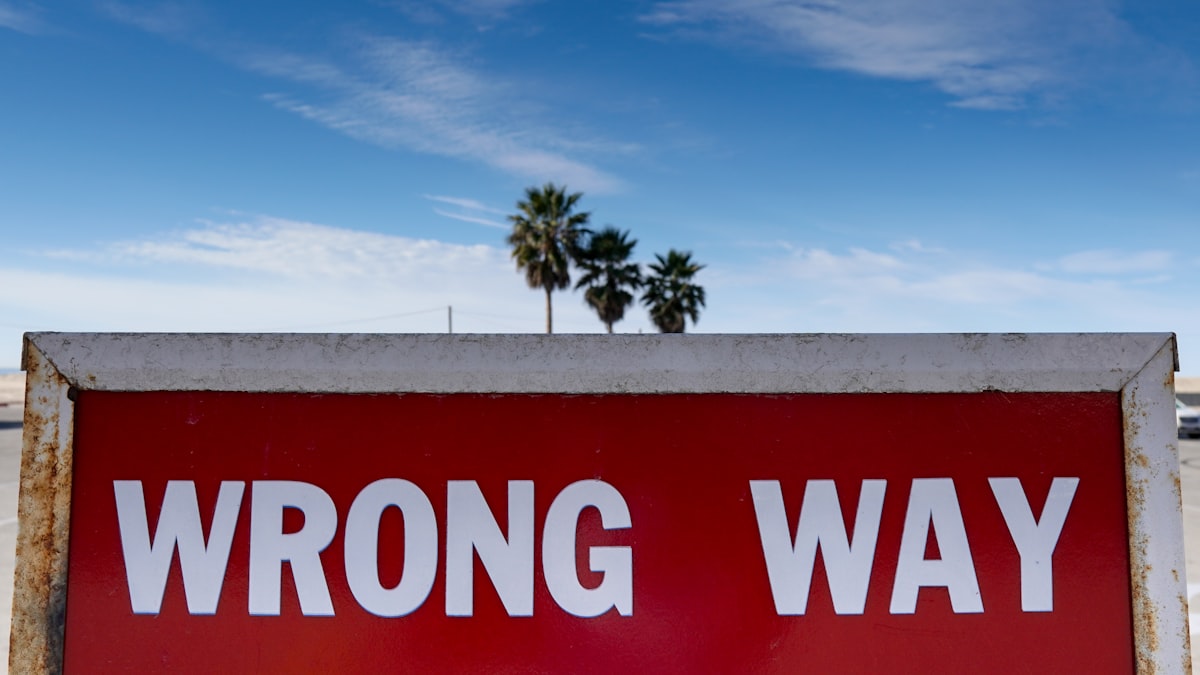Knowing Your Failure
"The more we see [and know our failures], the more by grace we shall long to be filled full of endless joy, for we are created for that." —Julian of Norwich, Revelations of Divine Love, chapter 8

The more we see [and know our failures], the more by grace we shall long to be filled full of endless joy, for we are created for that.
—
Julian of Norwich, Revelations of Divine Love, chapter 8
When we look earnestly at our failures, we come to understand who we really are. We get rid of the image of the self that we keep trying to build up, and we get to the root, to the truth.
The injunction to "know yourself" dates back at least to ancient Greece where it is inscribed on the Temple of Apollo at Delphi. Plato also puts the command in the mouth of Socrates on several occasions. It's got history. It's got gravitas.

The problem with simply knowing yourself, however, is that you have to cut through a lot of the bullshit that we build up around ourselves. We can look to social media as an analog. The lives we saw on Instagram and other popular platforms are carefully curated P.R. pieces intended to put a good foot forward.
You've got to cut through that to the core of who you really are. (Personally, I find a healthy meditation practice helpful in this regard.)
Knowing yourself, then, really means understanding your whole self, the good and the bad. Becoming acquainted with your failure, as Julian of Norwich suggests, is one way to open yourself up to the grace, compassion, and generosity necessary to live the unruly life.
Failure, after all, is the greatest teacher.